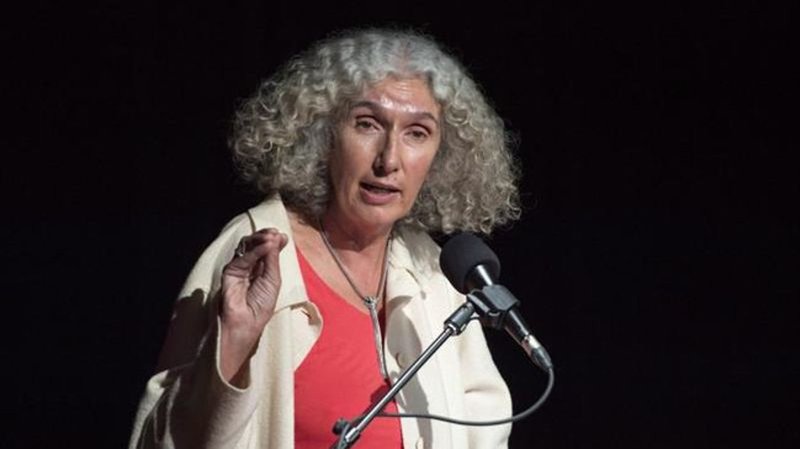
Women, kids detained in ISIS camps should be repatriated to Canada quickly: expert
MONTREAL — A psychiatrist involved in efforts to support children of Canadian women detained in Syria after travelling to join the Islamic State is urging Ottawa to speed up repatriation efforts.
Dr. Cécile Rousseau, a pediatric psychiatrist at McGill University and an expert on violent radicalization and extremism, was part of a committee of local health officials and child welfare experts brought together by the RCMP’s Quebec detachment after the caliphate fell in 2017.
She said she does not believe that a handful of women returning with young children, who will be monitored and given support, will represent a danger to Canadian society.
“I think we should move forward because the more we wait, the more it will be difficult for Canada and for the people coming back to reintegrate into society,” Rousseau said.


